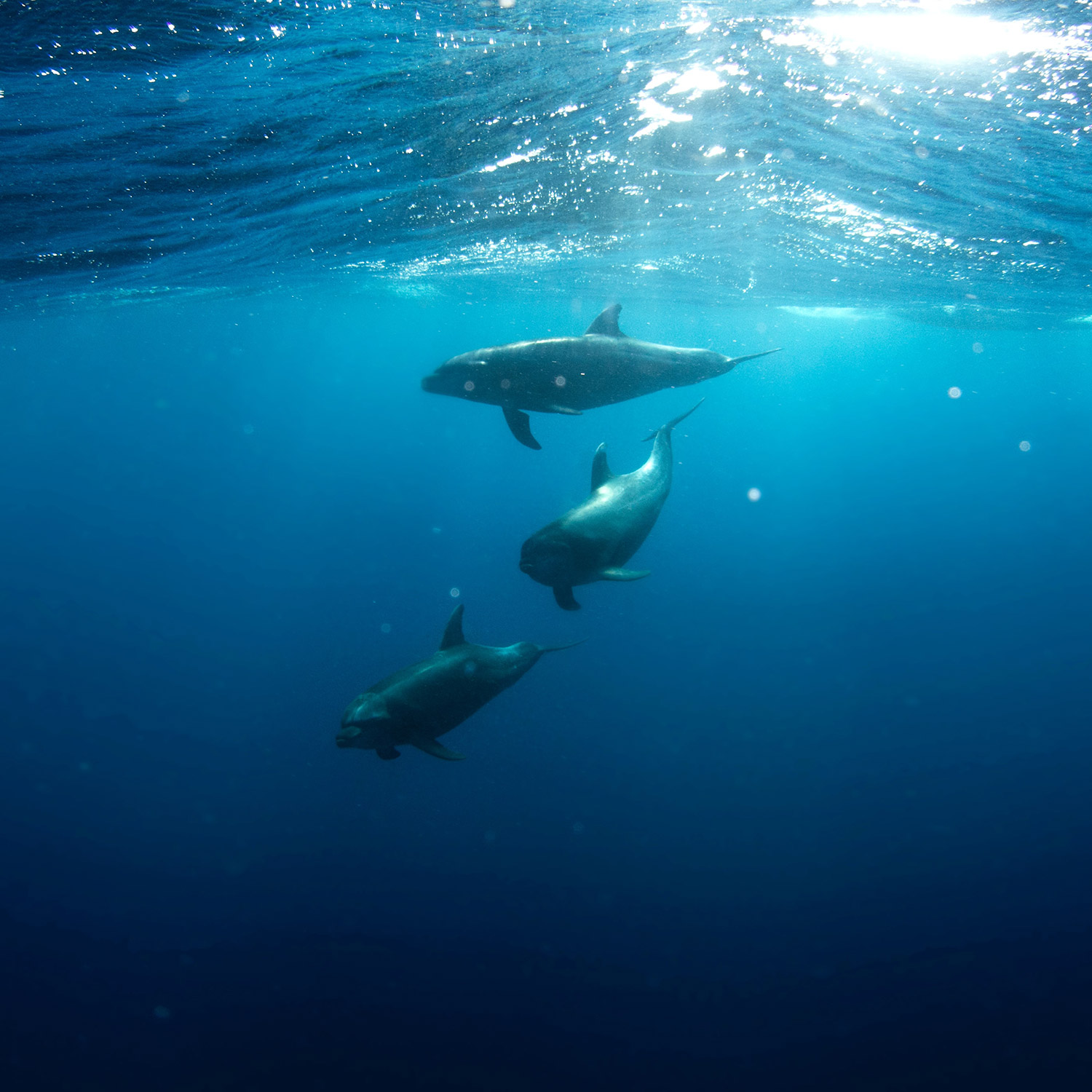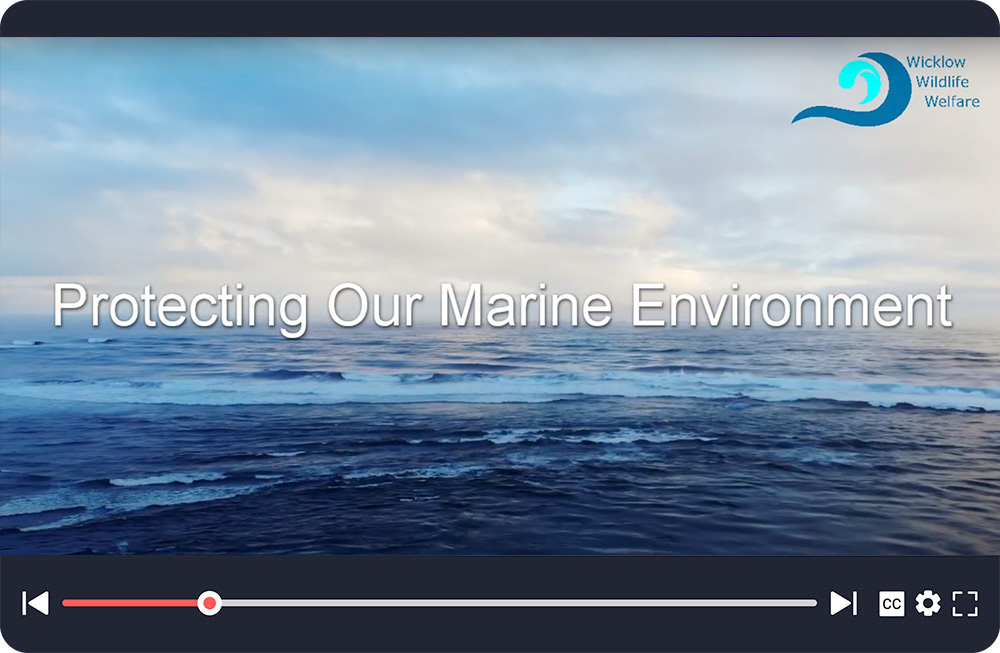Our marine ecosystems are threatened
Biodiversity collapse and climate change are altering marine ecosystems at a dangerous pace. These twin crises are interlinked. As Ireland takes steps to address climate change, it is vital that the actions taken do not exacerbate biodiversity loss, but rather serve to protect, conserve and restore our precious marine environment.
Loading...
-
Only when you have identified Marine Protected Areas should you be looking at rolling out large scale infrastructure. Wind farms, in my opinion, are not compatible with Marine Protected Areas.
Regina Classen, Marine Biologist, Co-author, Fair Seas report: Revitalising our Seas
-
Nature and biodiversity is dying the death of a billion cuts. And humanity is paying the price for betraying its closest friend.
Inger Anderson – UN Under-Secretary-General and UNEP Executive Director
-
Coasts are the most fertile areas of all oceans. The open ocean is largely a barren place because the salts washed off the land don't reach here and the water is too deep for storms to churn up nutrients from the sea bed.
Ken O'Sullivan. Ocean Conservationist, Free-diver, Documentary film maker.
-
Systematic, strategic and smart site selection needs to be mandatory for all activities at sea, including renewable energy.
World Wildlife Fund. Nature Protection & Offshore Renewable Energy Policy in the European Union, 2021
-
Ireland is among the EU's largest countries when our marine territory is considered. Therefore, we have a huge moral responsibility for the stewardship of this area, not just in the context of the European Union, but in a planetary context.
Attracta Uí Bhroin Environmental Law Officer, Irish Environmental Network.
-
The ecosystem service benefits that whales provide is fascinating. Most of us look out to sea and just see the sea. We are not aware of the intricacy and complexity of what goes on at sea or how it benefits us.
Stephen Matthews TD. Chair of the Joint Committee on Housing, Local Government and Heritage
-
We should focus on protecting our habitats and species of concern because, to protect them, we must solve all the other threats and pressures (climate, ocean warming, microplastics, etc).
Patrick Lyne. Chartered Marine Scientist. Irish Whale and Dolphin Group.
-
Only we humans make waste that nature can’t digest.
Charles Moore, Marine Researcher
-
We owe it to our children to be better stewards of the environment. The alternative? A world without whales. It's too terrible to imagine.
Pierce Brosnan, Actor
-
“Green” issues make headlines these days, but many seem unaware that without the “blue” there could be no green. Water - the blue - is the key to life.
Sylvia Earle, Oceanographer
-
We are facing a nature crisis and we must ensure that green energy is secured in ways which do not contribute further to nature loss.
Scottish Seabird Centre, Objecting to Berwick Bank wind farm.
-
To my mind it makes the most sense that we have a State-led, plan-led approach, rather than a developer-led approach, which could be a bit of a free-for-all and might not work out the best.
Taoiseach. Leo Varadkar, speaking of offshore renewable energy, April 2023
-
While climate change is an enormous issue, biodiversity is actually a bigger one. If biodiversity collapse happens, we're less protected from climate actions and it will speed up climate change.
Professor Aoibhinn Ní Shuilleabháin, Chair, Citizens Assembly on Biodiversity Loss.


